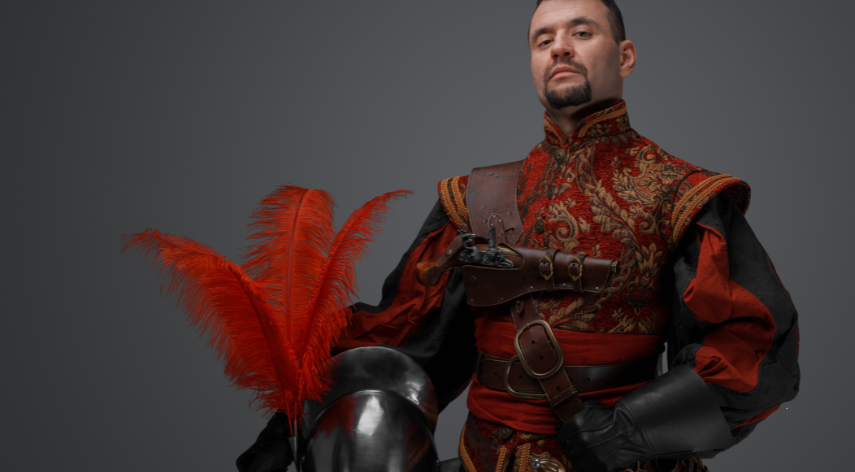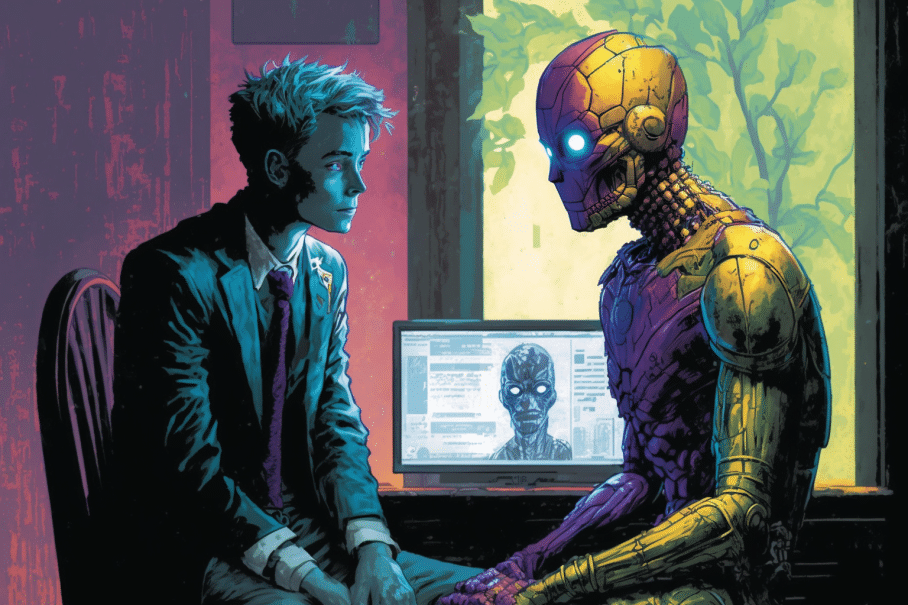Reincarnation of the suicidal battle god 100
Step into a world where the boundaries between life and death blur, where souls are reborn to fulfill their destinies anew. Welcome to the realm of “Reincarnation of the Suicidal Battle God 100,” a captivating Japanese light novel series that delves deep into themes of redemption, sacrifice, and second chances. Join us as we explore the intricate web of reincarnation woven throughout this thrilling tale, uncovering its secrets and unraveling its mysteries!
Overview of the popular Japanese light novel series,
Dive into the captivating world of the popular Japanese light novel series, “Reincarnation of the Suicidal Battle God 100.” This gripping tale follows the journey of a former battle god who reincarnates with a newfound purpose. With intricate plot twists and dynamic characters, this series keeps readers on the edge of their seats.
The protagonist’s background is shrouded in mystery, adding layers to his complex personality. Alongside him are compelling companions who bring depth and diversity to the storyline. As they navigate through challenges and conflicts, themes of redemption, loyalty, and self-discovery emerge organically.
Through its vivid storytelling and thought-provoking messages, this series explores profound themes that resonate with readers on a deeper level. The impact it has had on fans worldwide speaks volumes about its storytelling prowess and emotional resonance.
Plot summary and main characters’ backgrounds
In the Japanese light novel series, “Reincarnation of the Suicidal Battle God 100,” the plot follows a young man named Hiro who tragically takes his own life. However, he is given a second chance at life in a fantasy world as Haru, where he must navigate through battles and challenges to uncover his true destiny.
Haru discovers that he possesses extraordinary powers and skills from his past life as Hiro. As he encounters new allies and enemies along his journey, Haru’s past struggles and inner demons resurface, shaping his actions and decisions in this new realm.
The main characters in the series each have their unique backstories and motivations that intertwine with Haru’s quest for redemption. From enigmatic mentors to fierce rivals, every character adds depth to the narrative, creating a rich tapestry of relationships and conflicts within the story.
Themes and messages portrayed in the series
In the “Reincarnation of the Suicidal Battle God 100” series, themes and messages are intricately woven into the storyline, inviting readers to explore deeper meanings beyond mere entertainment. The concept of redemption plays a significant role as characters grapple with their past actions and strive for personal growth. Friendship and camaraderie are celebrated as bonds forged in battle prove to be unbreakable.
Additionally, the series delves into existential questions about fate, purpose, and the nature of power. Through thought-provoking dialogue and character interactions, readers are prompted to reflect on their own beliefs about life’s complexities. Themes of sacrifice and resilience resonate throughout the narrative, showcasing the enduring strength found in moments of adversity.
As the story unfolds, intricate layers emerge that challenge conventional notions of heroism and villainy. Moral ambiguity blurs lines between right and wrong, prompting introspection on ethical dilemmas faced by both protagonists and antagonists alike. These nuanced themes add depth to the series’ narrative tapestry, elevating it beyond typical fantasy fare.
Impact on readers and critical reception
The impact of “Reincarnation of the Suicidal Battle God 100” on readers has been profound, with many drawn to its intricate storyline and complex characters. The novel series has garnered a dedicated following who eagerly await each new installment, discussing theories and interpretations online.
Critical reception towards the series has been mixed, with some praising its unique take on reincarnation themes and character development while others critiquing its pacing and narrative structure. Despite differing opinions, one cannot deny the emotional depth and thought-provoking elements present in the story.
Readers have found themselves emotionally invested in the fate of the main characters, feeling a sense of connection to their struggles and triumphs. The exploration of themes such as redemption, sacrifice, and destiny resonate deeply with audiences looking for more than just surface-level entertainment.
Overall, “Reincarnation of the Suicidal Battle God 100” continues to leave a lasting impact on both readers and critics alike by pushing boundaries and challenging perceptions within the realm of light novels.
Controversies surrounding the series
As with any popular series, “Reincarnation of the Suicidal Battle God 100” has not been without its fair share of controversies. Some critics argue that the portrayal of mental health issues and suicide in the story may be triggering for some readers. Others have expressed concerns about the glorification of violence and battle scenes throughout the novel.
Additionally, there have been debates surrounding the character development and whether certain portrayals perpetuate harmful stereotypes or clichés. The author’s decision to explore dark themes within a fantasy setting has sparked discussions about appropriate content warnings for sensitive audiences.
Despite these controversies, many fans appreciate the depth and complexity that these controversial elements bring to the narrative. It’s a reminder that fiction can provoke important conversations about difficult topics, even if they are uncomfortable to confront at times.
Fan theories and speculations for future story developments
As fans eagerly await the next installment of “Reincarnation of the Suicidal Battle God 100,” speculations and theories are running wild about what the future holds for our beloved characters. Some believe that protagonist Kaito will unlock a hidden power, surpassing even his previous feats in battle. Others speculate on potential romantic developments between key characters, adding a new layer of complexity to their relationships.
There are whispers of betrayals from unexpected allies and alliances forming in the face of newfound enemies. Will we see a shift in power dynamics within the world they inhabit? Fans are also theorizing about mysterious pasts yet to be revealed and how they may impact current events.
With each chapter unveiling more mysteries, fans can’t help but speculate on where the story will take us next. The anticipation is palpable as readers dissect every detail for clues to unlock the secrets lying beneath the surface.
The influence of reincarnation themes in modern media
As we delve deeper into the realms of storytelling and explore the concept of reincarnation, it becomes evident that this theme holds a timeless allure for audiences worldwide. The reincarnation of the suicidal battle god 100 series not only captivates readers with its intricate plotlines and dynamic characters but also taps into universal themes of redemption, self-discovery, and the cyclical nature of life itself.
In modern media, we see a resurgence of stories incorporating reincarnation themes across various genres such as fantasy, science fiction, and even romance. This enduring fascination with the idea of rebirth and second chances speaks to our shared desire for transformation and growth.
Whether through literature, film, or television, the exploration of reincarnation continues to offer a rich tapestry for creators to weave complex narratives that resonate with audiences on a profound level. As we continue to seek meaning in our own lives and ponder what lies beyond this existence, stories like the reincarnation of the suicidal battle god 100 serve as poignant reminders that every ending is just a new beginning waiting to unfold.
Also Read: Craigslist Maine: Your Ultimate Guide to Buying & Selling












